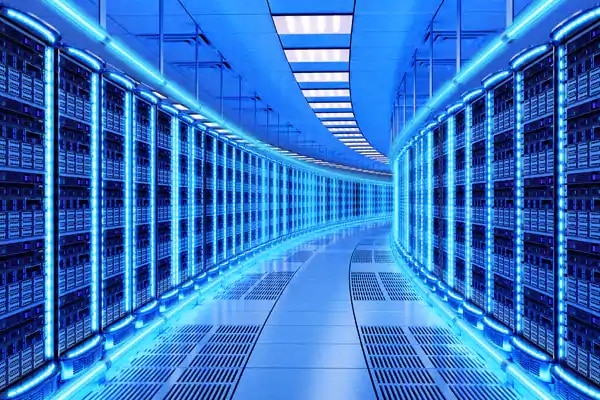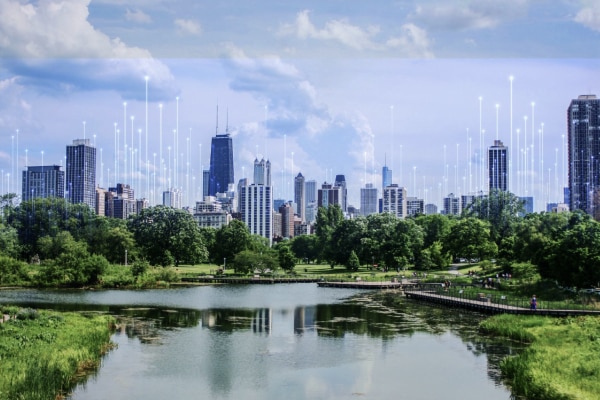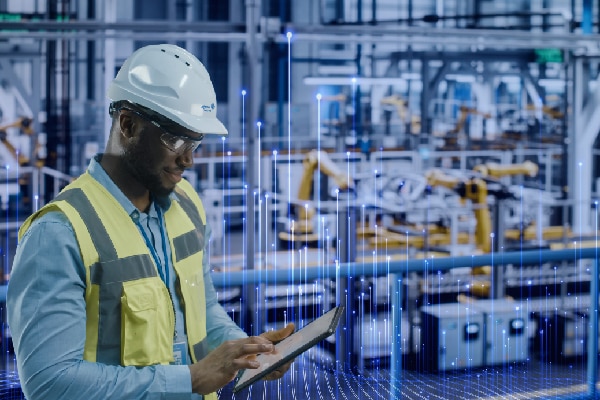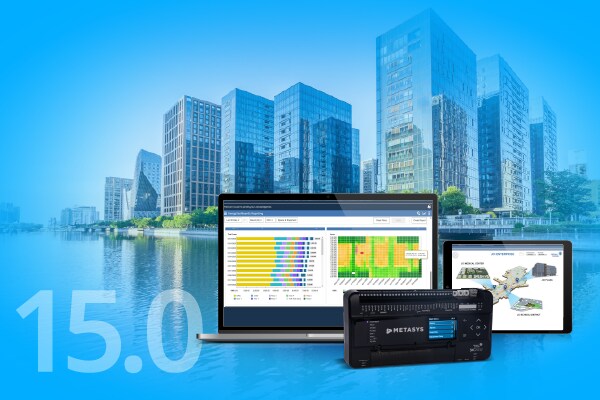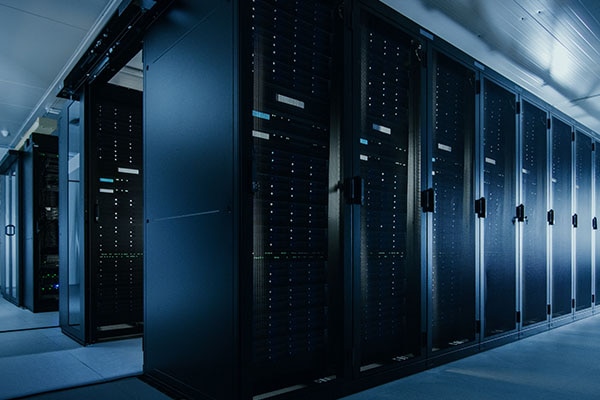- Johnson Controls
- Insights
- Unlocking Sustainable Growth with Smart Building Solutions
Unlocking Sustainable Growth with Smart Building Solutions
Katie McGinty discusses the importance of treating buildings as strategic assets
In an era where environmental responsibility is no longer optional, The Sustainability Interview series from the Sustainability Magazine publication offers a compelling glimpse into the minds of the leaders driving change across industries. From engineering and hospitality to motorsport and manufacturing, these conversations spotlight the individuals shaping the future of sustainable business. With insights from figures such as McLaren Racing’s Kim Wilson and L+R Hotels’ Angelo Noto, the series captures the challenges, innovations, and ambitions behind corporate sustainability strategies.
In August's Sustainability Interview, Chief Sustainability and External Relations Officer for Johnson Controls - Katie McGinty sat down with Jasmin Jessen to discuss how buildings can be turned into climate assets.

Unlocking Growth Through Sustainability
As we continue to advance towards the world's net zero targets, the importance of sustainable buildings has become increasingly clear. Johnson Controls, a global leader in smart building technologies, is helping to redefine the role of buildings in society. No longer just static structures, buildings are now intelligent, responsive assets that contribute to both environmental progress and economic growth..
Technology as a Catalyst for Change
Johnson Controls is applying a powerful combination of efficiency, electrification and digitalisation to enable buildings to self-optimise. These technologies help reduce energy consumption, lower operational costs and even allow buildings to generate revenue by interacting with the national grid. In the UK, where energy prices and carbon reduction targets are top priorities, these capabilities offer a strategic advantage for both public and private sector organisations.
“When a building responds instantaneously to instruction, it ensures healthy air for occupants, drives down costs and can even sell energy back to the grid. The trajectory is exciting.”
Katie McGinty, Chief Sustainability and External Relations Officer at Johnson Controls
Real-World Impact Across Europe
A notable example comes from Denmark, where Johnson Controls partnered with a hospital to harness thermal energy from a nearby water source. By deploying advanced heat pumps, the hospital achieved an 80% reduction in energy costs and a 90% cut in carbon emissions. This approach is highly relevant for NHS Trusts and UK healthcare estates that are seeking to decarbonise while maintaining high standards of care.
Engineering Innovation for the Digital Economy
Johnson Controls is also delivering cutting-edge solutions for the UK’s growing data centre sector. By adapting magnetic-bearing technology originally developed for submarines, the company has created cooling systems that support high-density computing with 40% less energy, zero water usage and a significantly smaller footprint. These features are increasingly important as UK data centres expand vertically to reduce latency and meet rising demand.
Buildings That Think, Act and Earn
The future of buildings lies in their ability to operate as dynamic energy hubs. With smart systems that monitor air quality, optimise energy use and communicate with the grid, buildings can become revenue-generating assets. In the UK, where decentralised energy and grid flexibility are gaining momentum, this approach aligns with national infrastructure goals and local authority ambitions.






















.jpg?la=en&h=320&w=720&hash=244C75B74F0F77521D56164450973BCD)

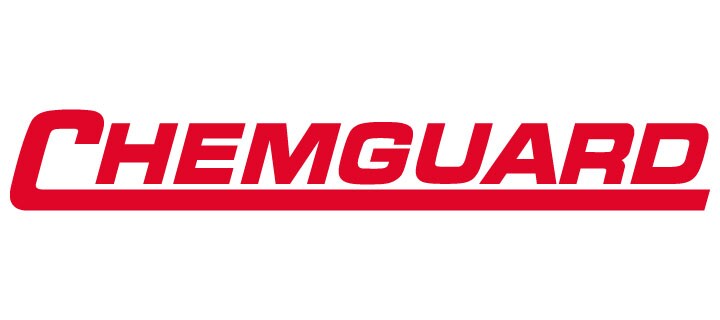












.jpg?la=en&h=310&w=720&hash=8D9823F26AA80B2B75C3E4B2E61770DC)


.jpg?la=en&h=320&w=719&hash=13CA7E4AA3E453809B6726B561F2F4DD)
.jpg?la=en&h=306&w=720&hash=F21A7CD3C49EFBF4D41F00691D09AEAC)

.png?la=en&h=320&w=720&hash=18CFCCD916C92D922F600511FABD775D)






